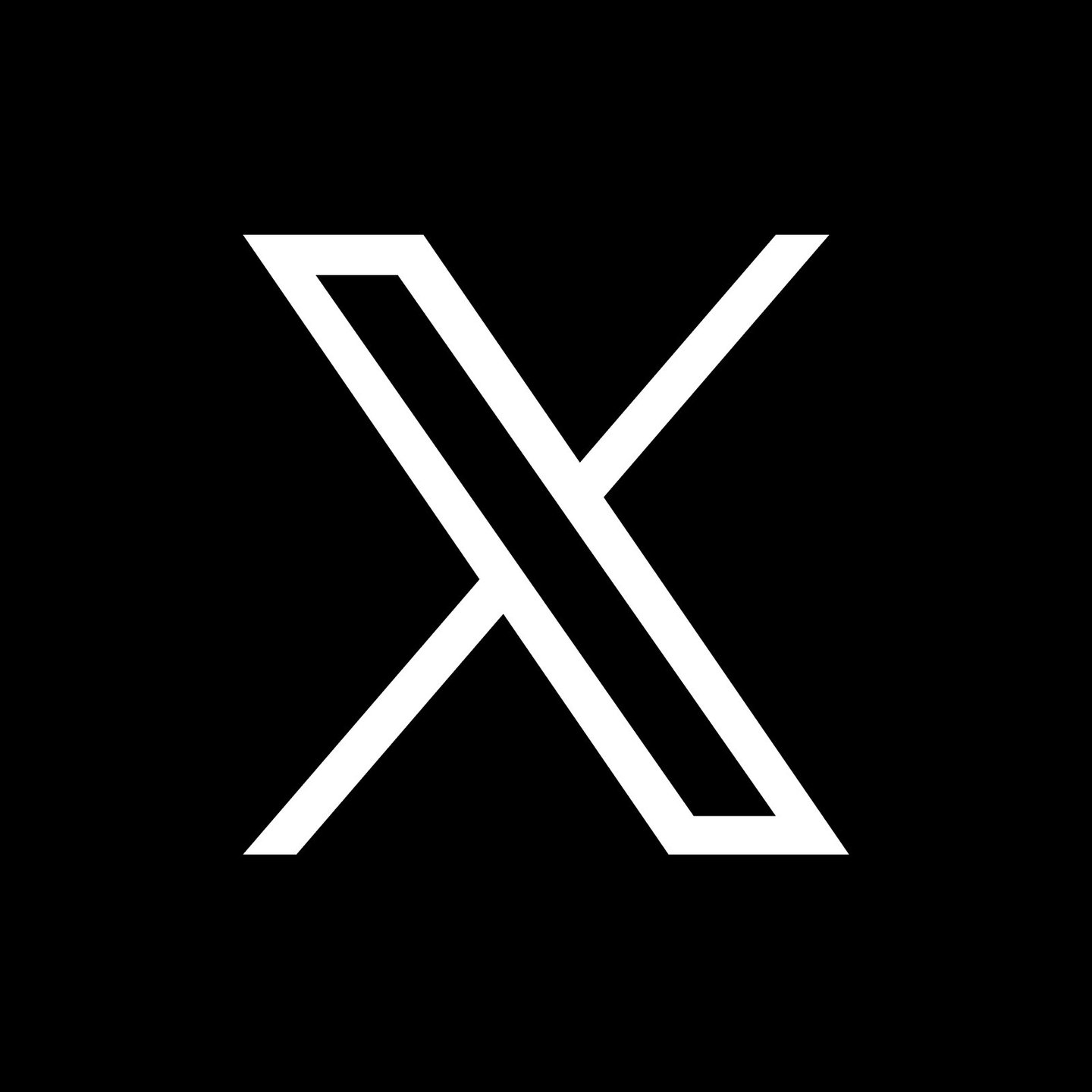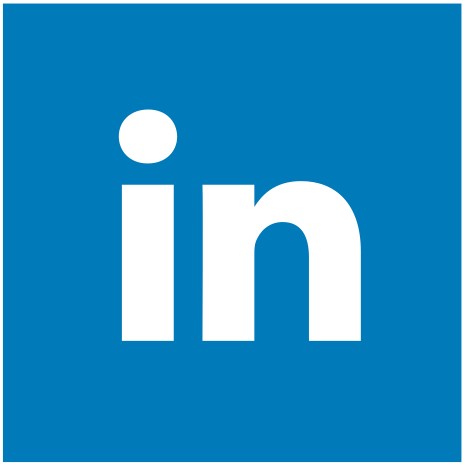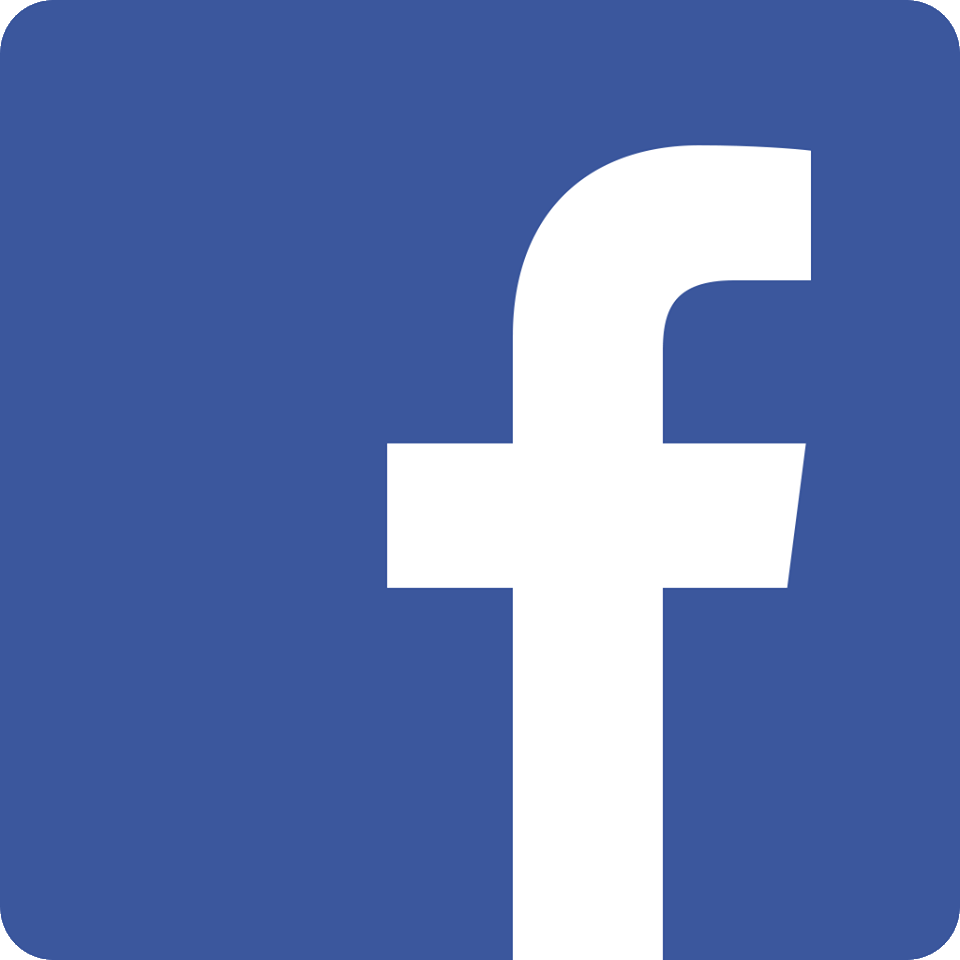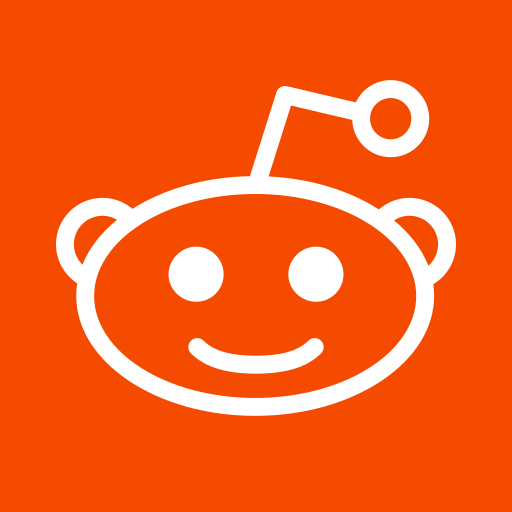How to Change Your Life By Reading
By Stefan Auvache

George Yeomans Pocock saw almost no formal education after the age of 14. His was a life dedicated to the sport of rowing, specifically the art of handcrafting racing shells—long, narrow boats fit for a small team of rowers.
As a young man, Pocock emigrated from London to British Columbia in search of opportunity. His reputation for craftsmanship eventually carried him to Seattle, where he built racing shells for the University of Washington.
Despite his lack of formal schooling, Pocock was a deeply educated man. When he chose to speak, he spoke eloquently. He was wise and discerning. He had a reputation as a stoic, humble master-craftsman. The athletes he worked with respected him not only for his mastery of rowing shells but also for the depth of his thought.
His character and wisdom stemmed from a simple, lifelong habit—reading.
Why School Alone Doesn’t Cut It
Whether you have a master’s degree in mathematics or dropped out at 14 years old, there comes a point in life when education is no longer systematically provided to you. No more classrooms with teachers giving out assignments. No more artificial deadlines or grades. At some point, everyone becomes responsible for his or her own education.
For most people, this is the end of intentional learning. They graduate, they get a job, and their study habits die there.
The antidote to this post-school education vacuum is simple: build a reading habit. It worked for George Yeomans Pocock. It worked for Abraham Lincoln, Leonardo da Vinci, Emily Dickinson, and Warren Buffett.
A consistent reading habit will do more for your education in the long run than a university degree ever will.
Here are three reasons why:
1) Competence Beats Credentials
In college, I took an independent research class that allowed me to pick a topic and study it on my own for a semester. The professor in charge had one requirement to pass the course—I needed artifacts. By artifacts, he meant some physical evidence that I had done some kind of work during the semester. Without evidence, how could he know if I had actually spent three months doing research?
A college degree is an artifact. It shows that you got into a university and passed enough classes to graduate. It is an indicator of your potential competence. Because it is difficult to gauge how well someone will actually fill a position during an interview, employers take artifacts—like college degrees—into account. A diploma can help you get hired, but it doesn’t mean that you will be good at your job. To perform, you need to be competent.
Competence is the ability to apply knowledge effectively in different situations. It’s built on a foundation of learning, context, and judgment. The depth of your knowledge determines the strength of your foundation. Reading is one of the best ways to expand that foundation. The more well-read and personally educated you are, the more adaptable, resourceful, and ultimately competent you can become.
2) Reading is Universally Available
In Good Will Hunting, Matt Damon’s character says:
“You wasted $150,000 on an education you coulda got for $1.50 in late fees at the public library.”
A university degree is valuable, but it comes at a steep cost—in both money and time. Just because school is expensive doesn’t mean that education has to be. The average cost of a four year degree in the United States is over $100,000. You can own the 5-10 most important books in your chosen field for less than $200, or borrow them from the public library for nothing at all.
You can build a broad, deep understanding of almost any subject for a fraction of the cost of a university education. What matters most is not access, but commitment—the willingness to read consistently and educate yourself.
3) University Is Temporary—Reading Lasts a Lifetime
University typically lasts four years. A reading habit can last decades.
Think about an elite collegiate runner who trains hard every day until graduation. Once their running career is over, they hang up their shoes, sit on the couch, and spend the rest of their life watching tv. Now think about a person who didn’t start running until age 25. They’ve never competed in a race and never won a trophy—they just run every day. In 30 years, who is in better shape: the decorated collegiate runner in retirement or the amateur that is still running?
Ending your education at graduation is like running a marathon, taking home a medal, and never running again. The benefits of your hard work fade quickly, and whatever advantage you once had disappears.
Consistency and duration matter more than intensity. A person who reads every day for fifty years will be far more educated than someone with a master’s degree who never opens another book after graduation.
What Should You Read?
Google estimates that there are over 170 million unique books in the world, and there are countless articles from reputable sources that you can access online for free.
So, what should you read?
Here are some ideas to give you some direction:
Read Classics
These are books like The Odyssey, Man’s Search for Meaning, and The Great Gatsby.
Classics are classics for a reason. They’ve been around for decades, centuries, and sometimes millennia. For a book to survive that long, it must discuss something both timeless and valuable.
Classics provide insight into universal human themes like struggle, meaning, love, death, virtue, and hope. These topics can help you develop an understanding of how the world works and how you fit into it.
Here is a list of classics to get you started.
Read a Wide Range of Genres
Don’t limit yourself to one type of book.
Broad reading across multiple genres can help you see the world from different angles. Just like a business major at a university takes general classes like art, history, or philosophy, reading widely trains your mind to approach problems in new ways.
Some of my favorite authors write in completely different spaces. Cal Newport is a Professor of Computer Science who writes about deep work and sustainable productivity. Brandon Sanderson writes 1,200-page fantasy stories that explore incredibly complex themes. Walter Isaacson has written some of my favorite biographies about inspiring people and brilliant minds.
Every genre offers something unique that can add to your understanding of the world.
Read What Your Role Models Read
If you want to pursue a particular career or lifestyle, pay attention to what the people you admire are reading. Successful individuals often share the books that shaped their thinking and decisions. Reading those same books can give you insight into how they became the people you look up to.
A quick Google search—something like “Stephen King reading list”—will often give you a curated list of a particular person’s favorite books. Reading their recommendations is a simple way to learn from your role models without ever meeting them.
I personally follow booklists from authors Ryan Holiday, Stephen King, Cal Newport, and Mark Manson.
Read Things You Disagree With (or Don’t Understand)
Reading about ideas or people that you disagree with has a number of benefits.
First, it keeps you from living in an echo chamber. If you only read books and articles that confirm what you believe, your opinions stay untested and your perspective stays narrow. Reading outside of your comfort zone forces you to consider arguments and viewpoints you might otherwise dismiss. The more ideas you take in, the more complete your understanding of the world becomes. Reading should challenge your opinions, not just reinforce them.
Maybe most importantly, reading about opposing views builds empathy. Even if you still disagree, you can learn where and why you disagree, and you often find unexpected common ground.
Read Practical Guides (For Your Job or Anything Else)
Reading skill-specific books is one of the best ways to improve your work life. They provide actionable tools you can use right away to improve both soft and hard skills. You get the distilled lessons from someone else’s research or career that can completely change the way you work. These books often pay for themselves immediately by making you more efficient at your job which can increase your productivity and make your work more fulfilling.
The lessons you find in these books can also often be applied to be more productive and fulfilled with your everyday life, not just your career. The same skills that make a great project manager can be used to organize daily activities and be more productive in your personal life. The strategies that authors and engineers use to focus can be used to enrich relationships or have more fulfilling leisure time.
Here are a few practical reading lists for software engineers, authors, and businesspeople.
How to Read More and Get More Out of it
Here is the pattern I use to help me read consistently.
1. Choose Interesting Books
It’s hard to build a habit around books you feel you should read instead of the books you really want to read. Start by focusing on books and topics that pique your interest. If a topic really excites you, it will be easier to read about.
2. Read Multiple Books at Once
Some people don’t like to do this. I find it useful.
I usually read 2-3 books at a time. If a book is hard to digest—a chunky history book or a very detailed biography—I pair it with something easy to read so that I don’t get bogged down. I will often finish reading multiple books while working on something larger and more challenging.
3. Set Aside Time Every Day
Small, repeated habits compound over time.
I set a timer at least once a day for 15 minutes to read without interruption. That adds up to 10-15 pages a day, or about 4,500 pages a year. For me, that ends up being 10-15 books, and that is just my timed reading. Often, those 15 minutes stretch to 20 or 30 if I get sucked in. I also have a book by my bed to read in the evening.
The more you read, the easier—and more rewarding—reading becomes. Setting aside a small chunk of time to read every day can snowball into enjoying literally hundreds or thousands of books in your life.
4. Take Notes (Or Don’t)
I remember having friends in college who bragged about reading 40 books during the semester. I also remember that most of them couldn’t tell me a whole lot about what they had read.
The point of reading is to learn, not to skim as many books as possible. One of your jobs as a reader is to find a way to learn from what you read and systematize it. There is an excellent article by Ryan Holiday about his notecard system that inspired my current pattern of reading and notetaking. I know some people who stop after reading a chapter or book and write about what they learned. Others simply discuss what they’ve learned instead of taking notes.
The method doesn’t matter all that much. Highlight, write in the margins, keep a journal, or explain what you learned to someone else. Build a system that works for you.
How Reading Can Change Your Life
Education, in the end, is about transformation. It makes you more durable and adaptable in uncertain times, more capable in your work, more virtuous in your decisions, and more empathetic in your relationships. Reading is one of the most accessible and enduring ways to pursue that kind of transformation.
You don’t need to overthink the process. Find books that genuinely interest you. Read them. Take notes if it helps. Write about them, ask questions, argue with them, discuss them with others. Every book you digest will help you build your understanding of how the world works and where you fit into it.
A well-thought-out, consistent reading habit will make you a more capable, intelligent person. It will change who you are. It will change your life.
GET ONE INTERESTING IDEA IN YOUR INBOX EACH WEEK
You will also get a proper introduction to my work on improving focus and doing meaningful work, along with some other exclusive goodies
Articles

AI Strategies to Safeguard Personal Development
AI can make you far more productive, but it can also cause valuable skills to atrophy. By focusing on understanding, reinvesting time saved into deeper work, and collaborating with AI intelligently, you can improve skills while taking full advantage of AI’s power.
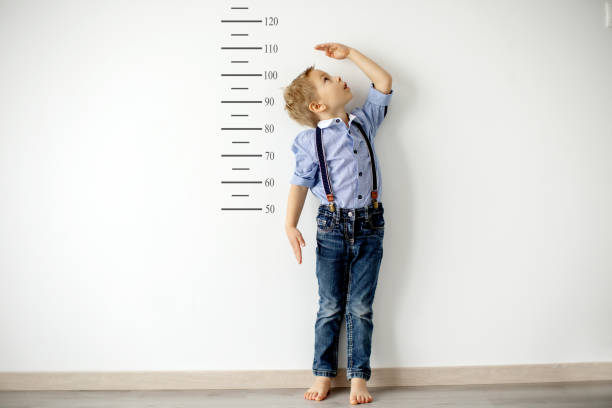
Measure What Is in Your Control
Stephen King has written dozens of bestsellers, sold over 350 million books, and built a net worth north of $500 million. While impressive, these are metrics he pays little attention to. As an author, there is only one metric that King pays attention to—words written per day.
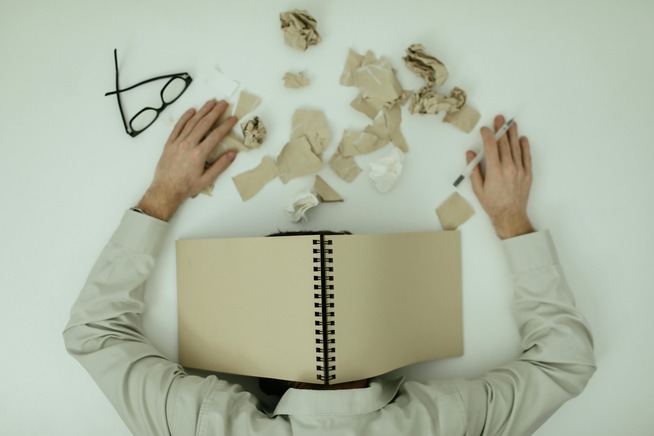
The Ninety-Ninety Rule and Overcoming Unplanned Work
If you don’t account for inevitable unplanned work ahead of time, you will have to find more time by dropping something else, which causes pain for all parties involved.

Agile Development: A Pattern for Improvement
Stripped of business and coding jargon, Agile Development is an incredible framework for self-improvement. Make a plan to get a little closer to where you want to be. Act on that plan. Measure the outcome of your actions. Then, use what you have learned to adjust your vision for the future and plan your next move.
